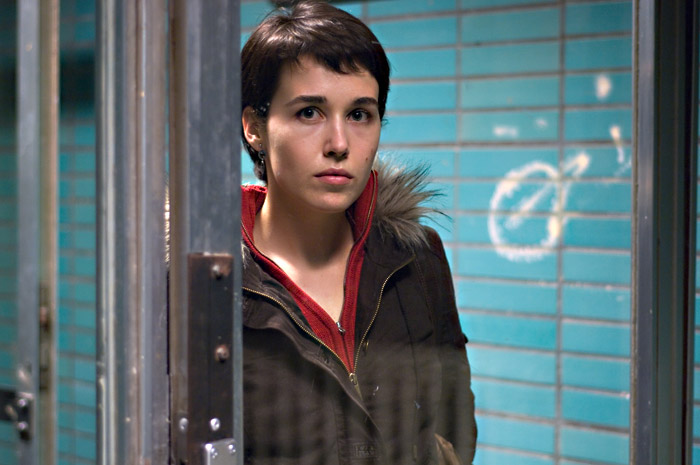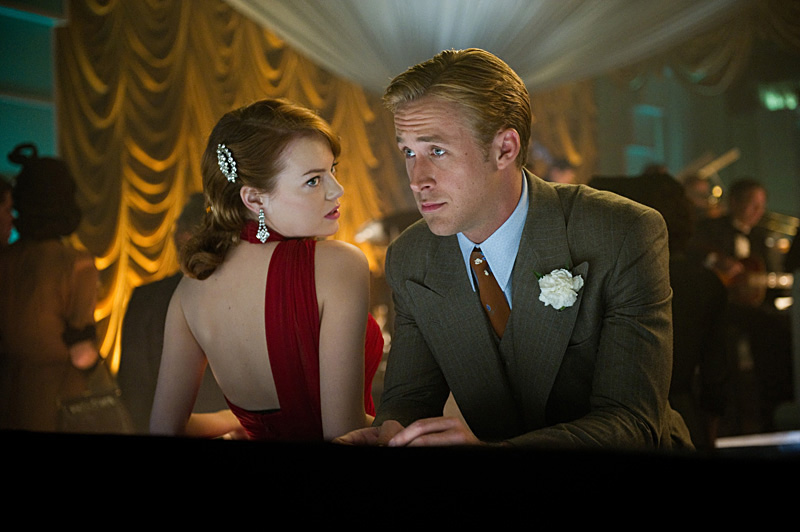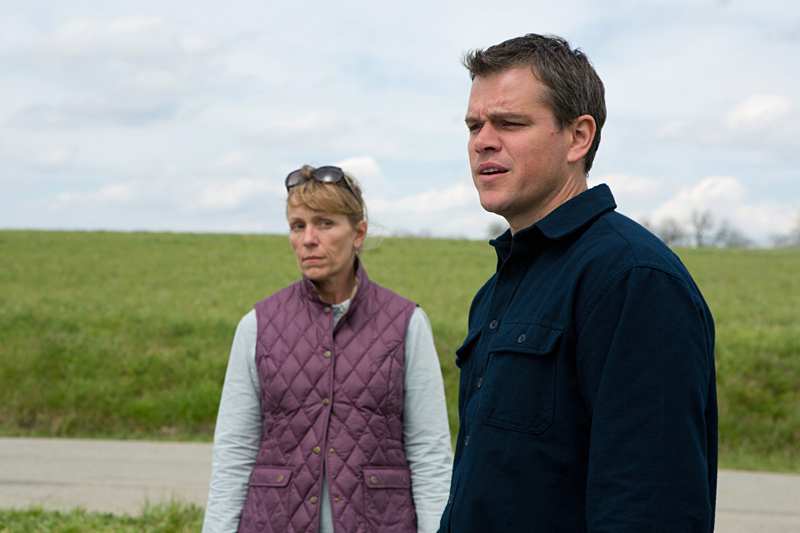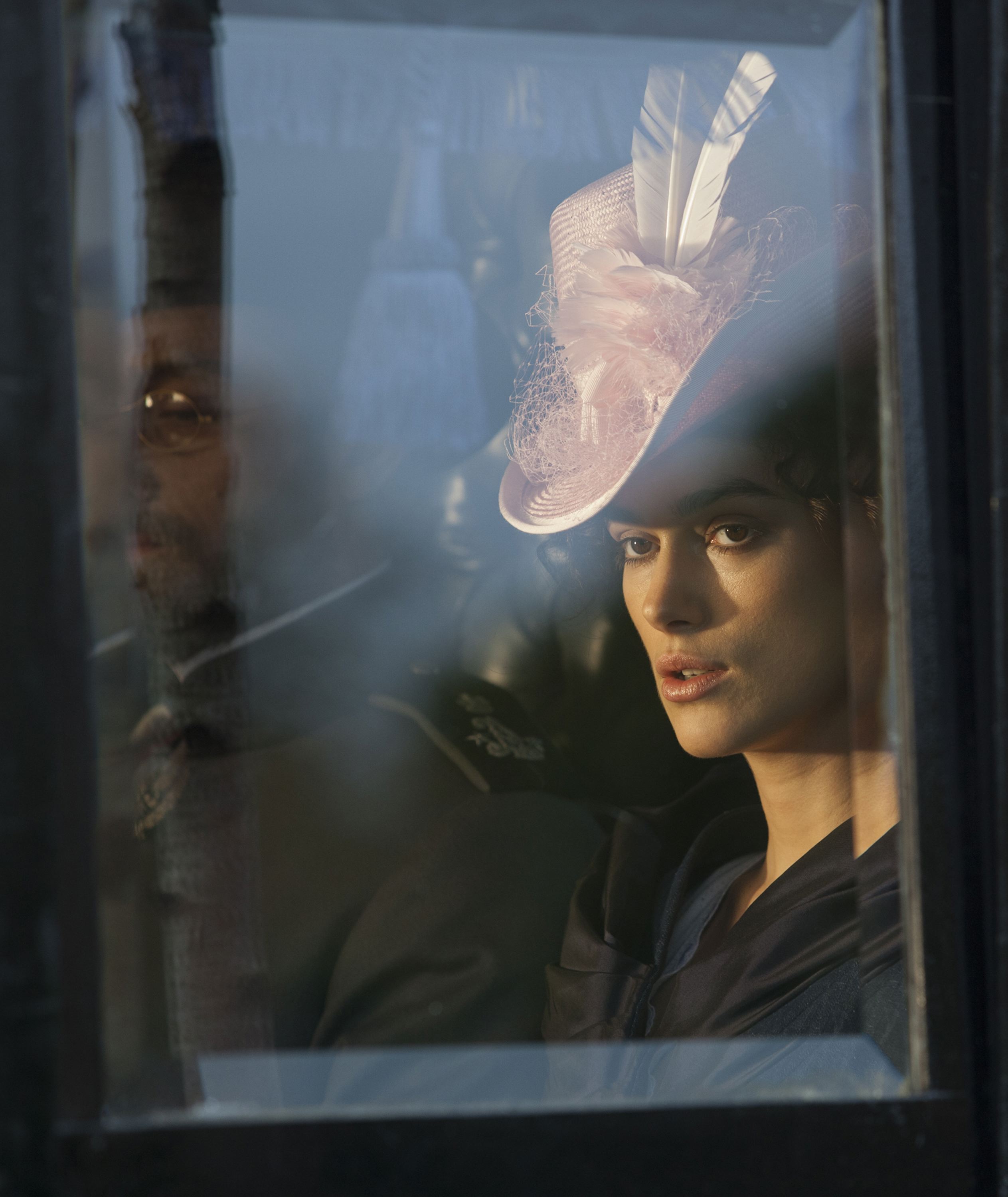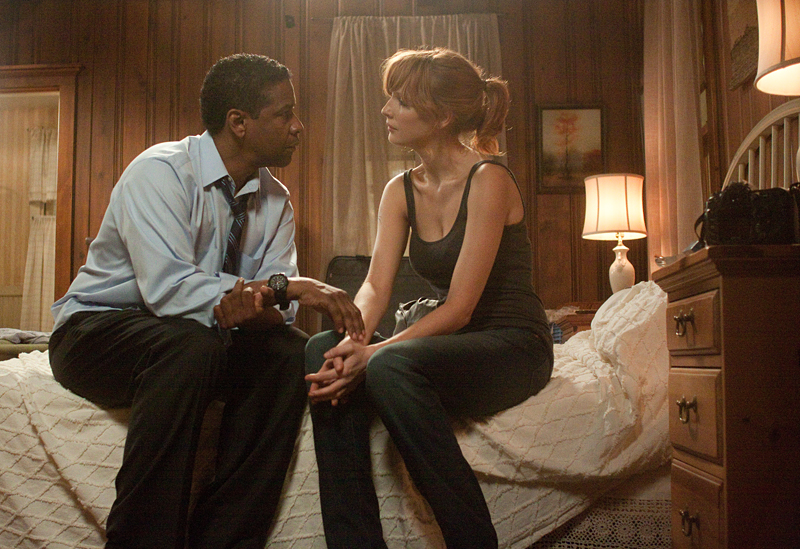Jean-Pierre and Luc Dardenne, secular worker-priests of the Belgian cinema, emerge once more from their lower depths. In describing one of their movies, you describe them all. Their characters are the victims of soggy street-cart food and social disintegration—no God, no family or community infrastructure, no moral compass. Here, it’s Lorna (Arta Dobroshi), an Albanian living with a Belgian junkie, Claudy (Jérémie Renier). Spouse or roommate? The details casually drop into place. They’re married only as a business arrangement: Claudy got his dope money; Lorna got Belgian citizenship, which she’s scheduled to transmit through remarriage to another incoming immigrant, all arranged by phlegmatic lowlife mobster Fabio (Fabrizio Rongione). This being a Dardenne film, the protagonist is stashing money to buy a modest dream of “normal life”—Lorna wants to open a snack shop with her boyfriend. This being a Dardenne film, Lorna’s a self-preserving solipsist, blind to any harm she does getting hers, which includes having passively agreed to Fabio’s plan: murder–O.D. Claudy to expedite her divorce and next quick-cash wedding. In a sense, the Dardennes make economic horror movies, starring the dregs of the working class. Claims of something higher don’t read; the Dardennes challenge their beleaguered subjects, not themselves and not their audience. When Lorna and her ilk confront the “moral conundrums” of bare-subsistence life, no alternative answer seems viable. This leaves the viewer to wait (impatiently, in this case) for the constipated soul to arrive at inevitable relief.
Lornas Silence: The Dardenne Brothers Repeat Themselves
